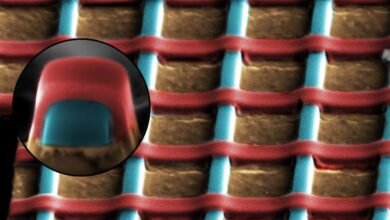The wild physics that could actually be used to build a time machine


The bartender says: “We don’t serve time travellers in here.” A time traveller walks into a bar.
OK, yes, I will almost certainly regret starting this article with such a hoary old joke. At some point, most of us have wished we could travel back in time to repair some misstep or faux pas. But it’s impossible, right?
Well, not necessarily. Albert Einstein’s general theory of relativity suggests that time travel may indeed be possible. We know that matter can bend space-time, and if you bend it enough, you may be able to create a time loop. Caveats abound, of course, and researchers are yet to announce a working time machine. But that hasn’t put them off exploring the possibilities.
Here are five ways that time travel might just be feasible, from science fiction staples to surprising new ideas – as well as some pesky practical obstacles we would need to overcome.
1. Rig up a galactic ring of lasers
The main problem with time travel is that nothing can travel faster than the speed of light, which clocks in at 299,792,458 metres per second. This speed limit preserves causality, the idea that cause must always come before effect. Travelling faster than the speed of light would scramble that, thanks to a quirk of Einstein’s special relativity and the fact that space and time are inextricably connected. If we could go faster than light, we would be travelling back in time. But we can’t.
The next best thing, then, is to manipulate the fabric of space-time. In…
Source link




